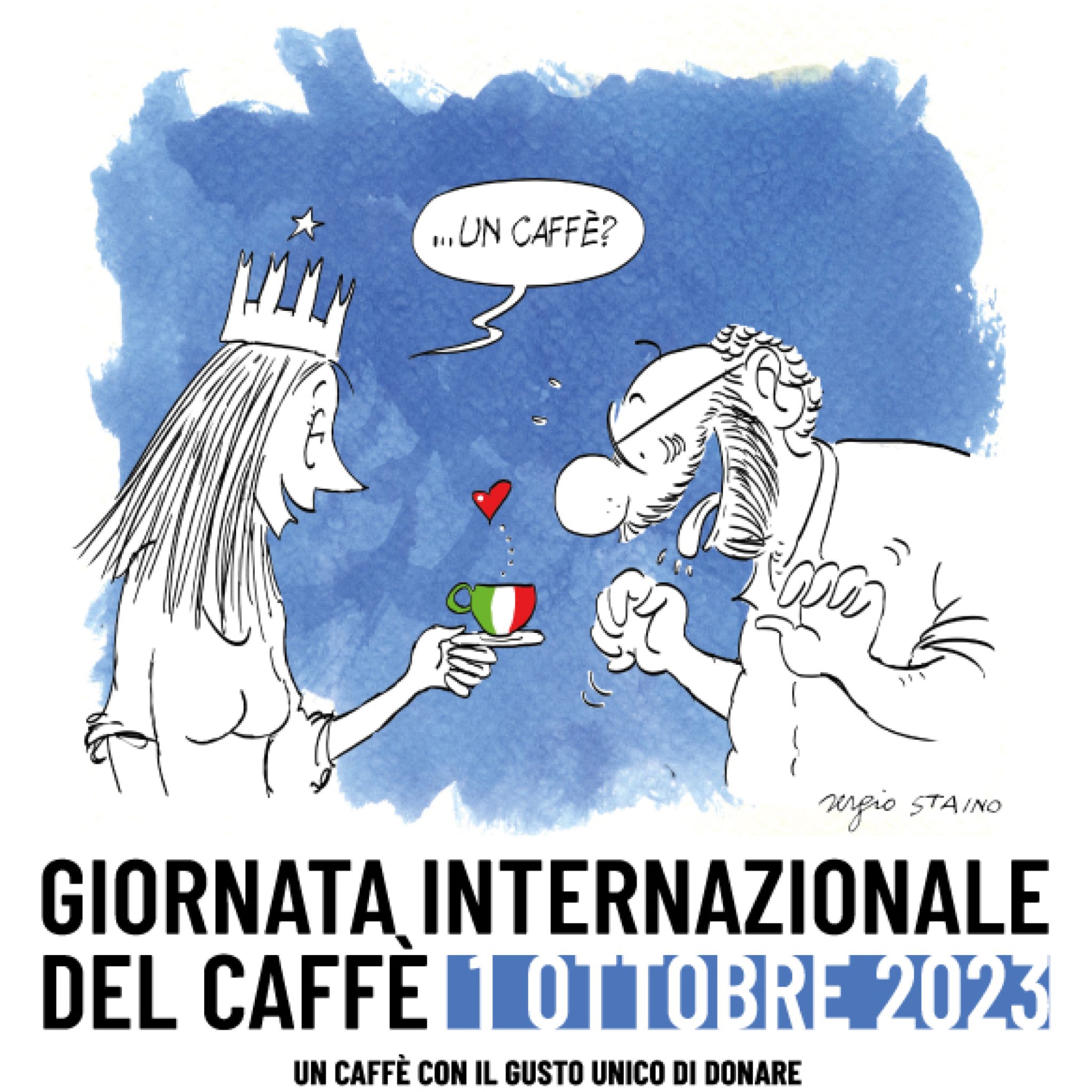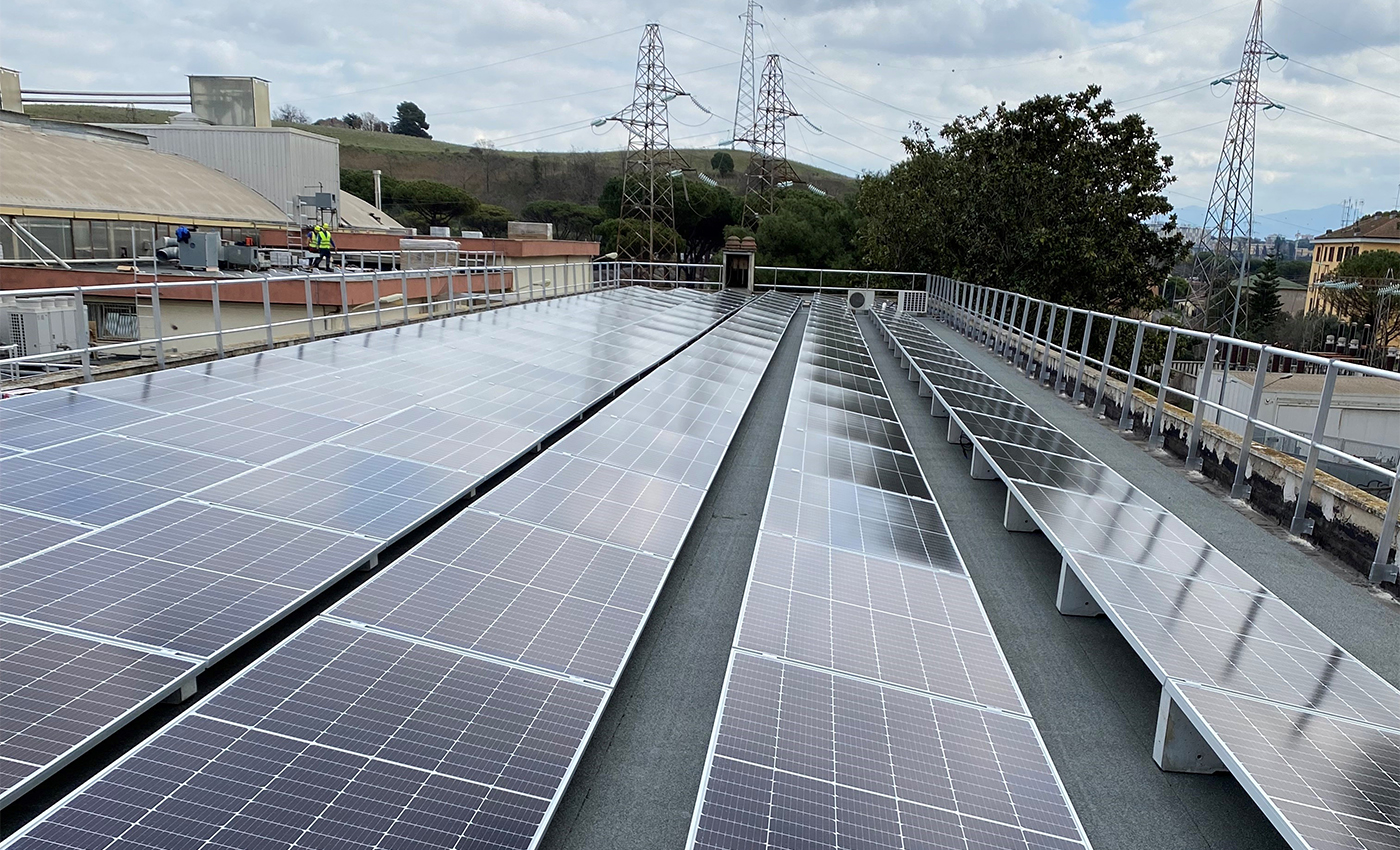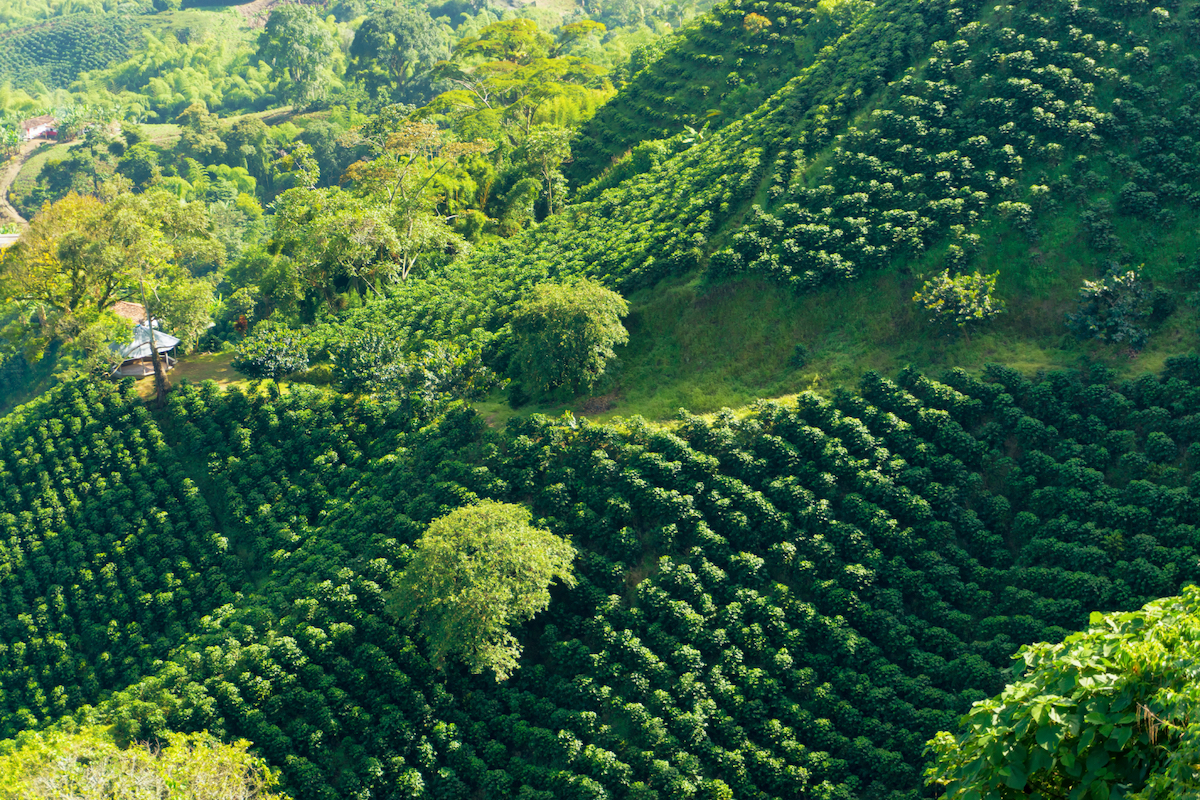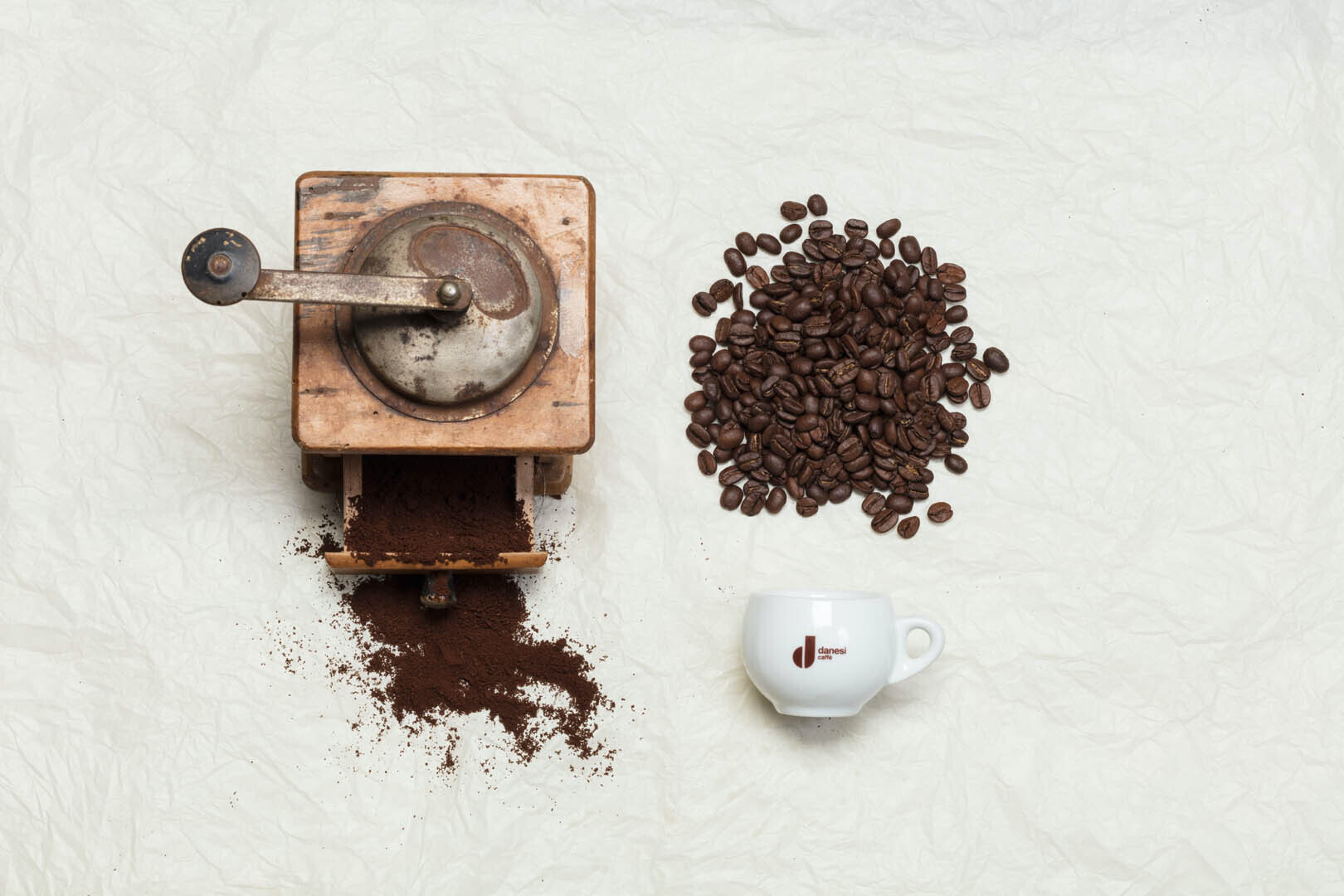Inspired by a famous book* of José Saramago (Nobel Prize for Literature), I invite anyone to ask himself this question: what would happen if suddenly coffee disappeared from the world?
It seems like a surreal question, but let’s try to imagine for an instant what would happen if indeed it happened for real.
Our days in the post-coffee era
The first trace of “its absence” would be found at the moment we wake up: no percolating moka, no aroma filling the kitchen and the other rooms in the house, milk never looked so pale. It’s pointless to rush to the first bar: even there, no coffee.
From the counter, stunned people stare at each other, they are sleepy, they are mumbling something to the barman: “I would like a…..A….. I don’t know, what would do you recommend to wake me up a bit?” “A nice hot tea? What do you think?” Perplexity and dejection begin to float in the air of the bars, as it happens in all the bars and coffee houses of the world….. Outside of the bars the situation is more or less as follows: “Will we meet for a coffee today? I have to tell you an incredible story!”
“Yes ok, let’s meet, but coffee does not exist anymore, don’t you remember?” “Well then let’s meet and drink a fruit juice, a glass of white wine, I don’t know, the important thing is that we meet, correct? “Ok listen, no fruit juices: it’s just sugar and I am on a diet.
About wine I think you’re joking, unless you have decided to begin drinking at 3 o’clock in the afternoon?” We begin to witness a collective neurosis. Suddenly the world is hit by a deep emotional state of “saudade”: an indefinite and indefinable lack of something, we don’t know where it comes from and why, but it’s real.
Coffee no longer exists and we keep on thinking about it, even if we can’t even remember its aroma. In the meantime a yawning epidemic has erupted and it has traveled three times around the world from mouth to mouth.
Coffee and the end of the world
Even if melancholic, life without coffee is still bearable. But for millions of people coffee extinction represents an authentic drama, actually a tragedy. Big and small coffee farmers from Africa, Latin America and South East Asia find themselves without their only source of income and livelihood at any moment.
This proud agricultural world finds itself facing all the uncertainty of a reality without coffee. Fields are abandoned, many farmers emigrate and are forced to leave their homes, others try the difficult road of agriculture conversion, unfortunately with no success.
Who farms coffee knows thousands of secrets of that plant, but only knows very little about other agricultural crops and their market. We witness the disintegration of the “People of Coffee”, which represents not only the farmers but all the operators of the coffee supply chain, including the roasters as Danesi who are specialized in the selection and work process and see good coffee as a life mission of many lives interwoven together.
Coffee has disappeared from the world, and with him a whole world: that of coffee. And yet someone has survived and tries to find a valid alternative. Big coffee multinationals have diversified their business and have made millionaires investments to study and understand which beverage could be given to the world instead of coffee: a concoction made of water and artificial aromas that remembers a lot (so little) coffee.
Because coffee will also have disappeared, but not business, shareholders and investment funds… The show must go on, with or without coffee.
Just a fantasy?
What if it was not just a fantasy? Today, as yesterday, many coffee producers still exercise a great deal of pressure on the production of their crops in order to maximize yield while not respecting biodiversity.
At the same time, the tangible effects of climate change are exposing many crops to unprecedented weather phenomena that make plants weaker and often reduce their production drastically. By continuing on this path, the fate of coffee will be characterized by a slow and progressive decrease of the varieties that can be cultivated.
Maybe the end of coffee is not so close, but if there was a path to get there sooner, be aware that many growers around the globe are taking that path at maximum speed even if they do not intend to.
Long life to (quality) coffee
There is a commitment that our company has put in place many years ago to avoid finding ourselves in a world without coffee: a series of projects have been undertaken to prevent losing forever some of the coffee varieties and cultures.
Due to this reason Danesi looks for producers and cooperatives of producers able to grant certain standards of work and processing in full respect of both sustainable cultivations and the local communities living on coffee. Danesi promotes an idea of conscious agriculture through these short supply chain projects, because we know that a coffee farmer who is strangled by the logic of lowest price will have no funds to invest in more durable, sustainable and reliable crops.
All this because at Danesi we can’t imagine a world without coffee and its many varieties.
Ilaria Danesi
*Le intermittenze della morte, José Saramago, 2005









